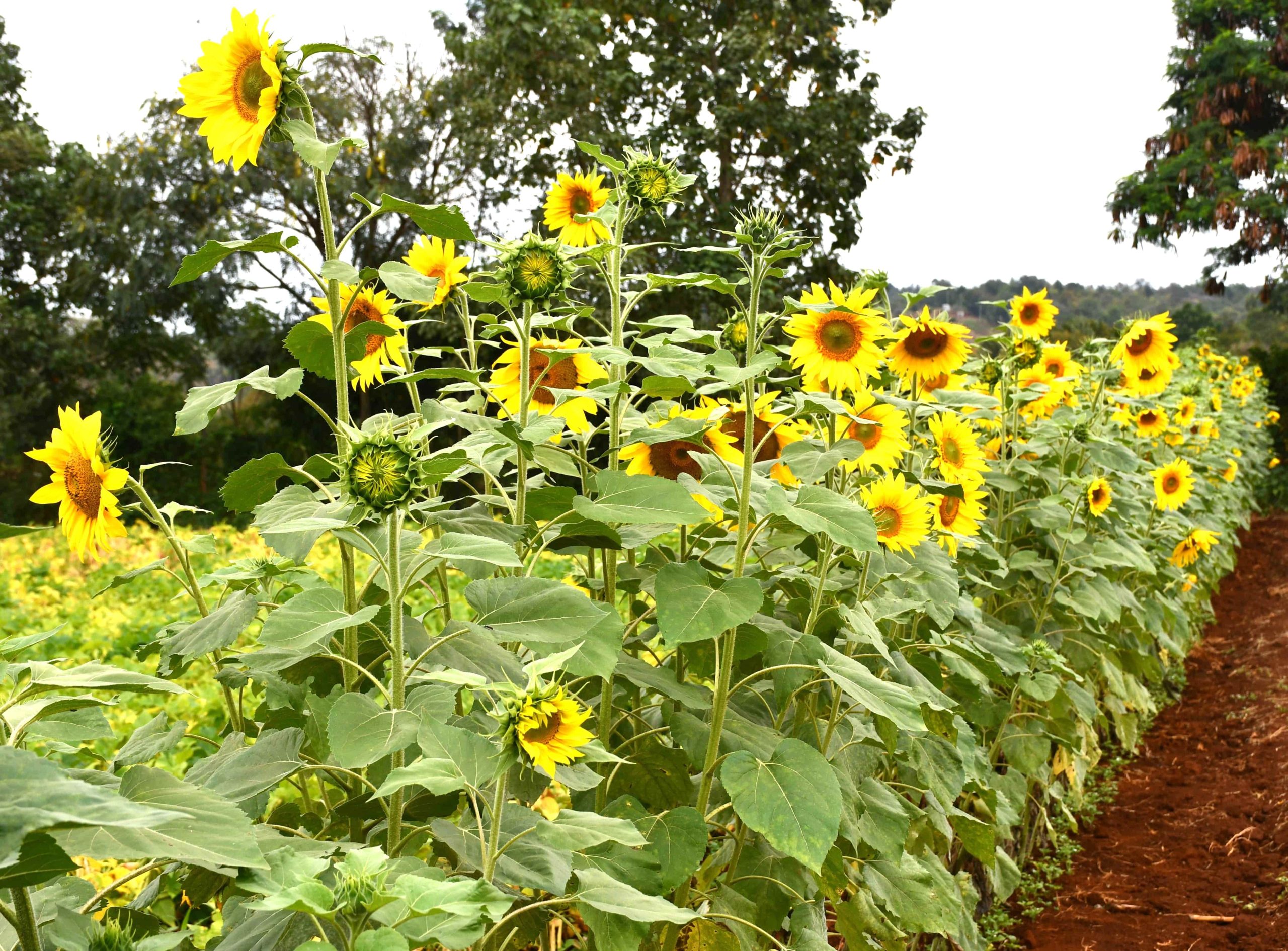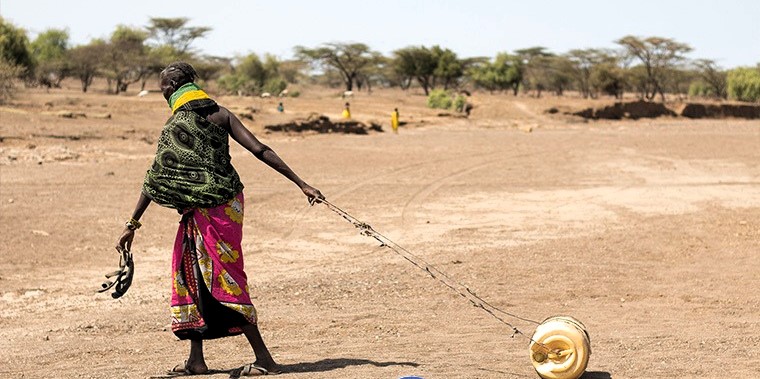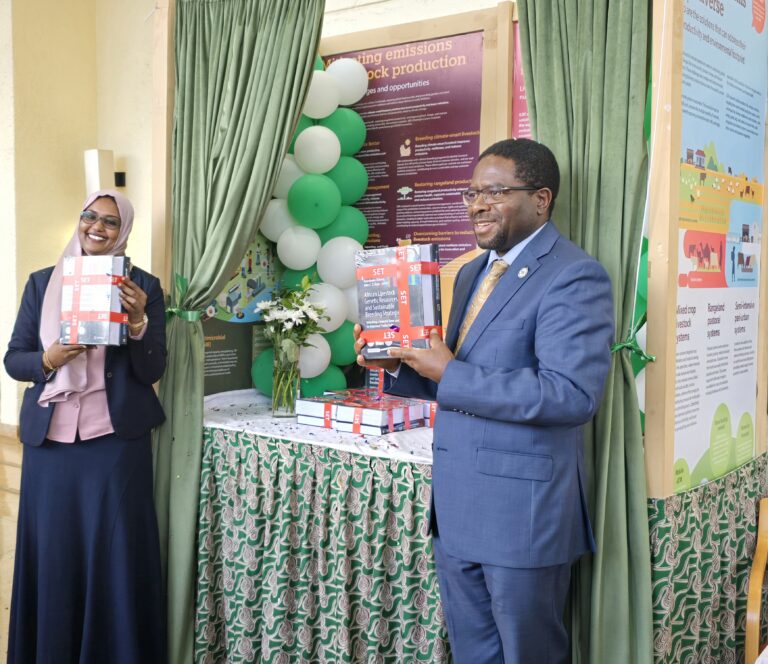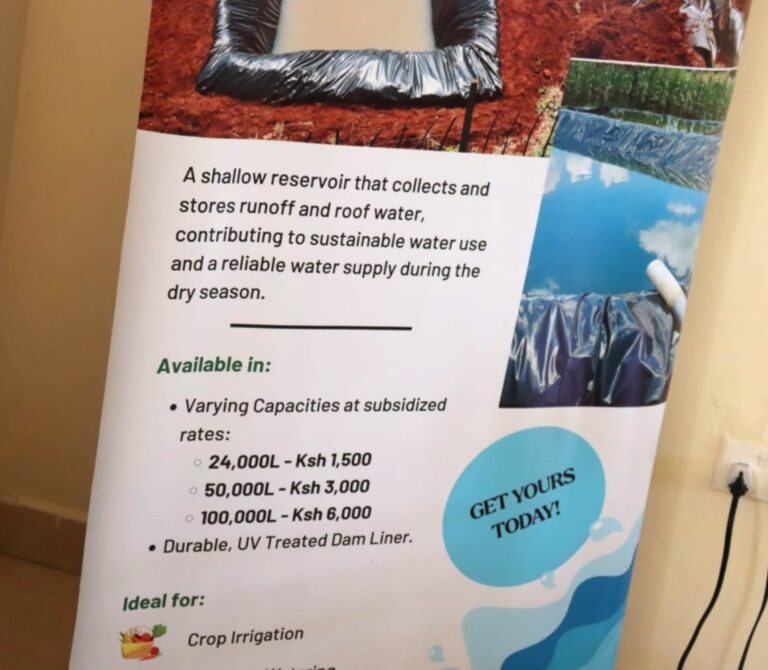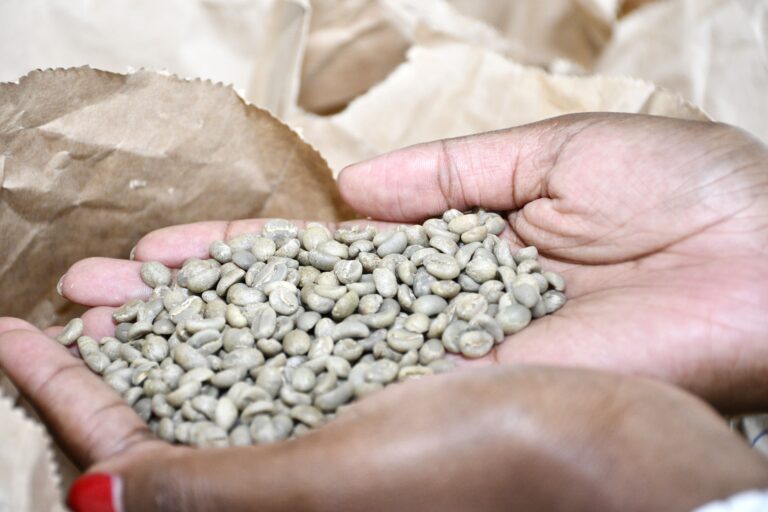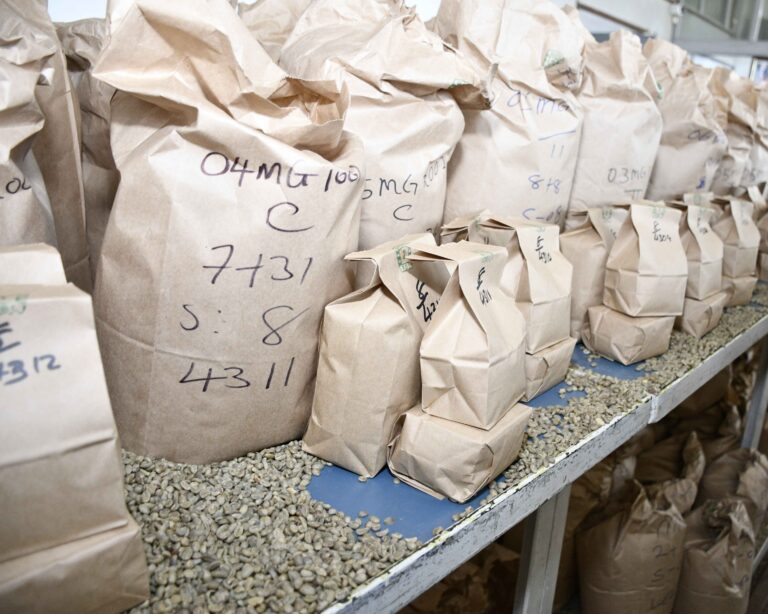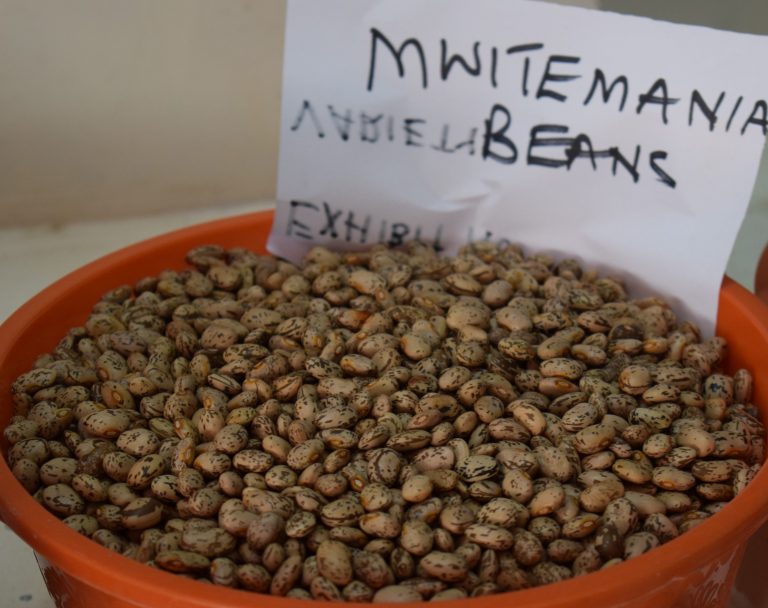Migori County has been singled out as trailing in oil crop production compared to other counties across Kenya.
The County Ministry of Agriculture confirmed that minimal efforts have been made to encourage farmers to grow key oil crops such as sunflower, soybeans, and cotton.
However, County Executive Committee (CEC) Member for Agriculture, Lucas Mosenda, assured that renewed efforts are underway to mobilize local farmers to embrace oil crop cultivation. He emphasized the strategic importance of diversifying into oil crops to address the region’s food oil shortage and reduce national reliance on imports.
He said large-scale oil crop farming would help the country reduce foreign exchange lost through the importation of such products; hence, the urgent need to mobilize farmers towards cultivating oil crops.
A research report authored by Professor Pius Onyango highlights that nearly 80 per cent of Kenya’s oil and fat needs are currently met through imports, a trend that continues to strain the country’s foreign exchange reserves.
As a result of this, the agricultural ministry at the National and County levels must work overtime to ensure the implementation of the existing Oil Crops Development Policy to guide the development of the oilseed industry in the country.
The report further directs that farmers should be educated on the importance of growing such crops so that more can be brought on board to cultivate the oil-producing crops.

Current statistics from the Migori agricultural office show that oil seed cultivation yields approximately 15,000 metric tonnes of sunflower, 10,000 metric tonnes of soybeans, and 20,000 metric tonnes of cotton annually. Experts believe these figures could significantly increase if more farmers are contracted to grow oil crops.
“With serious initiatives for Sunflower and Soya beans growing within counties where high opportunities for Oil crops growing portend, it is estimated that Kenya can utilise up to 50,000 hectares in farming if growers were educated to exploit available markets,” says Prof. Onyango.
Mosenda also disclosed ongoing plans to revive cotton farming in areas that were once known for their high productivity.
“We are working towards setting aside funds towards the purchase of seeds and other farm inputs that can be distributed to farmers as grants or loans at subsidized prices to enable this region to produce more cotton crops,” said Mosenda.
He added that Migori County has more than 100,000 hectares of land suitable for cotton farming, land that remains largely unexploited.


